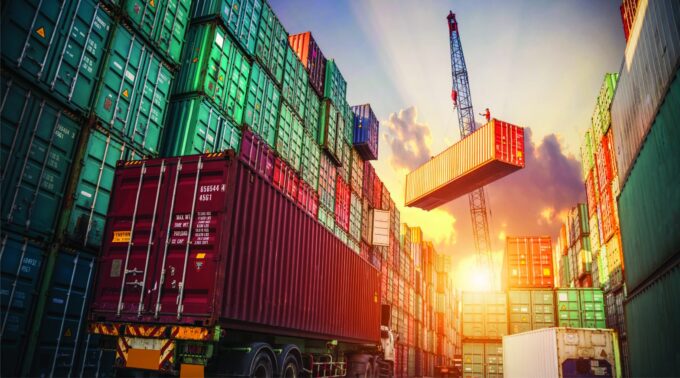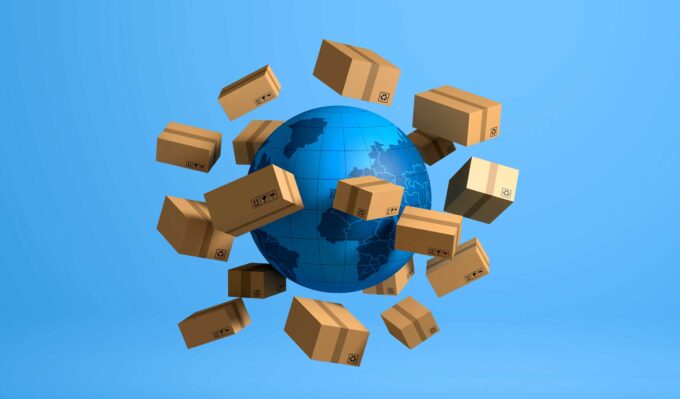In today’s fast-paced and competitive business landscape, efficient logistics management is a crucial factor that can make or break the success of a company. For many organizations, partnering with a Third-Party Logistics (3PL) provider offers a practical solution to streamline logistics processes, reduce costs, and enhance customer satisfaction.
But, how do you know when it’s the right time for your business to embrace a 3PL partnership? There are some signs to look out for that will let you know that it’s time. In this article, we will go over some of the signs so you don’t miss the chance to scale your business by using a 3PL.
1 . Assess your business requirements
Before making the decision to partner with a 3PL, it is essential to conduct a thorough analysis of your business needs and logistics capabilities.
Begin by listing the issues your business is facing in managing its logistics operations. This can include delayed shipments, inaccuracies in inventory management, or a lack of resources to manage seasonal demand fluctuations. Recognizing these challenges will help you understand the specific services and support you require from a 3PL such as using a courier like https://www.courierstexas.com.
Clarify your short-term and long-term business goals, and assess how they align with your current logistics capabilities. For example, if you aim to expand to new markets, you might need a 3PL with expertise in international shipping and customs clearance. Your objectives will help you pinpoint the areas where a 3PL can contribute to your business growth and success.
2 . Signs your business needs a 3PL
Deciding when to use a Third-Party Logistics (3PL) provider can be challenging, but certain indicators can help you recognize when your business could benefit from outsourcing its logistics operations.
If your business is experiencing a surge in orders, it may become difficult for your in-house logistics team to keep up with the demand. As order volumes rise, so do the complexities involved in inventory management, order fulfillment, and shipping. A 3PL can provide the resources and expertise needed to efficiently handle increased order volumes while maintaining high levels of customer satisfaction.
Growth and expansion are natural business aspirations, but they can bring logistical challenges along the way. As you diversify your product range and enter new markets, the logistics processes can become more complicated, requiring specialized knowledge and resources.
3. Think about future growth

Consider your projected growth trajectory, taking into account potential changes in order volume, product range, and geographical coverage. This information is essential in determining whether your in-house logistics operations can handle future demand or if partnering with a scalable 3PL provider is necessary to support your expansion plans.
You should also review your existing resources, infrastructure, and expertise in logistics management. Determine if your team has the necessary skills to overcome your current challenges, or if your infrastructure can accommodate future growth. This evaluation will help you identify the gaps in your logistics capabilities that a 3PL could fill, allowing you to weigh the benefits and drawbacks of outsourcing more accurately.
4. Assess their services

Selecting the right 3PL partner involves evaluating the range of services they provide and ensuring these services align with your business needs.
A 3PL provider should have the capabilities to handle your order fulfillment requirements, including picking, packing, and shipping. Evaluate their ability to manage varying order volumes and handle peak demand seasons efficiently. Also, assess their commitment to accuracy and punctuality in fulfilling orders, as this directly impacts customer satisfaction.
Effective inventory management is crucial for any business, as it ensures that products are always available to meet customer demand. Look for a 3PL that offers comprehensive inventory management services, including real-time inventory visibility, stock level monitoring, and demand forecasting. This will help you avoid stockouts and minimize overstocking, leading to improved cost management and customer service.
Your chosen 3PL should have adequate warehousing capabilities, including storage capacity, facility locations, and security measures. Consider the proximity of their warehouses to your target markets, as this can impact shipping times and costs. You should also ask about their warehouse management systems and procedures to ensure that they can efficiently handle your products and provide a safe and organized storage environment.
5. Scalability

A significant advantage of partnering with a 3PL is their ability to scale their services according to your business needs. As you evaluate potential providers, consider their capacity to handle growth, including their ability to manage increased order volumes, expand their warehousing capacity, and offer additional services as your business evolves.
Additionally, assess their adaptability to market fluctuations. Your business may experience seasonal fluctuations in demand or unexpected market changes, and a reliable 3PL should be able to adjust their services accordingly, ensuring they can meet your requirements during both peak and slow periods.
It’s also crucial to opt for a 3PL that offers customizable solutions tailored to your specific requirements. Every business has unique logistics needs, and a one-size-fits-all approach may not work for your organization.
6. Potential drawbacks
While partnering with a 3PL can offer numerous benefits, it’s essential to consider the potential drawbacks as well. Being aware of these potential issues will help you make an informed decision when choosing a logistics partner.
Outsourcing your logistics to a 3PL means that you’ll be entrusting a significant part of your business operations to an external party. This can result in a feeling of reduced control over the processes, making some businesses hesitant to take the leap.
By relying on a single 3PL provider for all your logistics needs, you may become dependent on their capabilities and services. This dependency can lead to potential risks if the provider encounters problems or disruptions that impact their ability to fulfill their obligations.
Conclusion
Choosing the right Third-Party Logistics (3PL) provider is a critical decision that can have a lasting impact on your business’s growth and success. Remember that the perfect 3PL partner can not only streamline your logistics processes but also help you optimize costs, improve efficiency, and focus on your core competencies.









